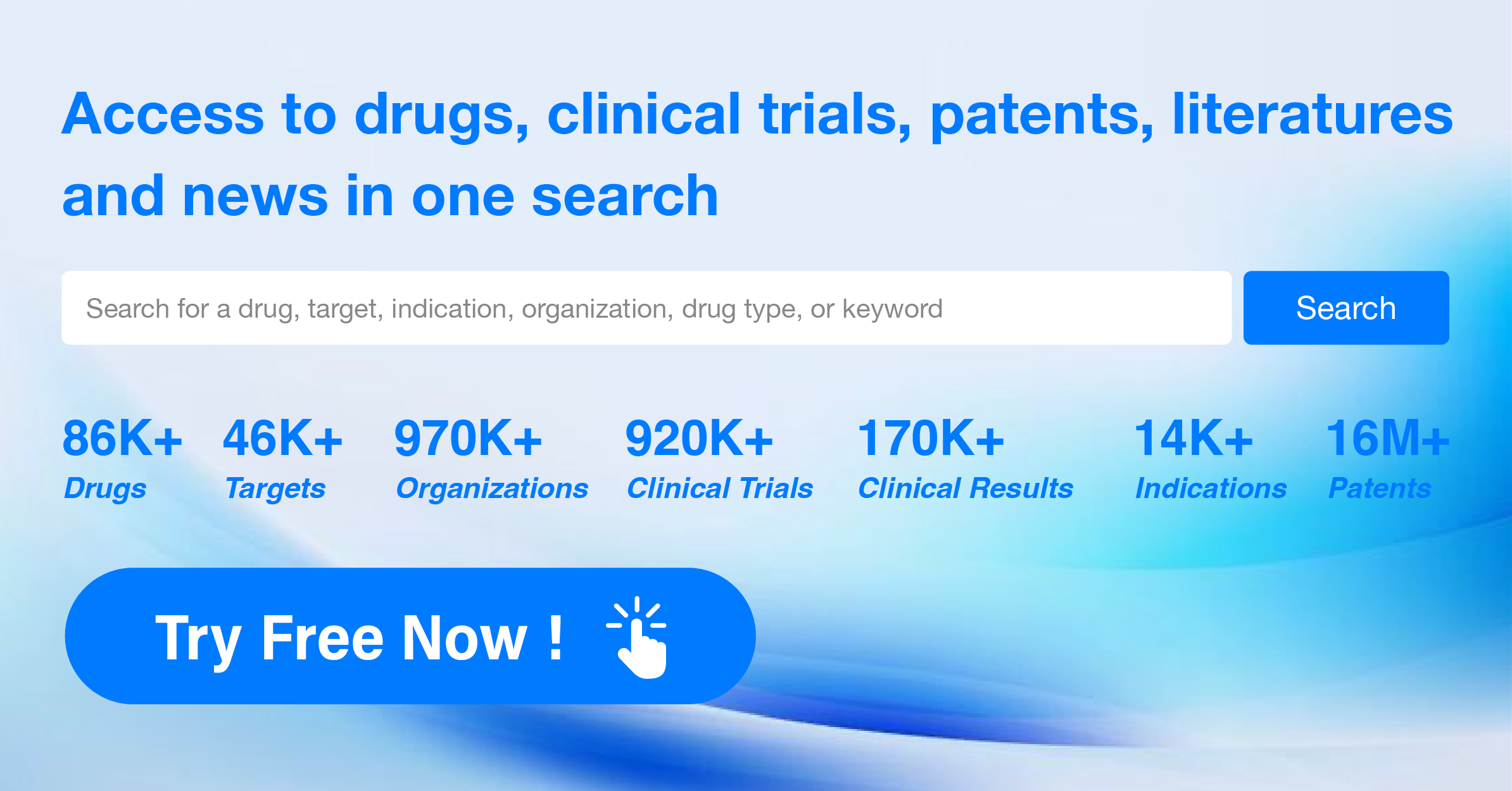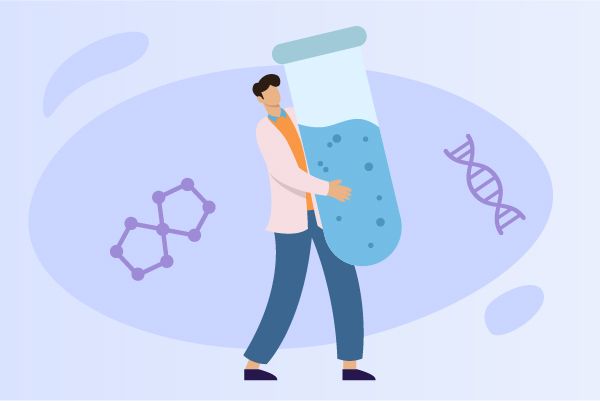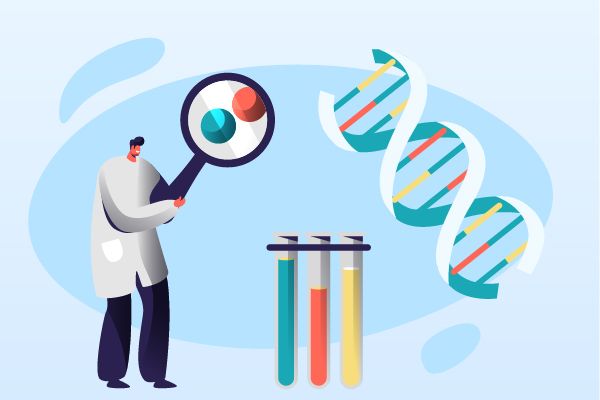International Wound Journal Publishes Microbion's Phase 1b Study on Pravibismane for Treating Diabetic Foot Ulcer Infections
A recent Phase 1b clinical trial of topical pravibismane for managing moderate to severe diabetic foot ulcers has shown promising results. The study, published in the International Wound Journal, revealed that the treatment was safe and well-tolerated across all tested dosages. It also indicated a potential for greater ulcer size reduction and a lower likelihood of amputations when compared to a placebo.
Microbion Corporation, the developer of pravibismane, highlighted the drug's unique attributes, including its broad-spectrum anti-infective, antibiofilm, and immuno-modulatory capabilities. The study's primary focus was on the safety profile of the drug when used as an adjunct to standard care for 2 to 3 weeks. Although not designed to prove statistical efficacy, the study showed positive trends in clinical efficacy.
Dr. Benjamin A. Lipsky, the main author of the study, expressed enthusiasm about the findings, noting the need for new treatments with multiple modes of action to address the challenges of infected chronic wounds. Dr. David G. Armstrong, a co-author, emphasized the importance of new agents to expedite wound closure, especially considering the current reliance on systemic antibiotics followed by secondary treatments. The study included 39 participants who received pravibismane and 13 who were given a placebo.
Pravibismane was shown to be well-tolerated with minimal systemic absorption and no serious adverse events. Subjects treated with pravibismane experienced nearly a threefold reduction in ulcer size compared to the placebo group. Additionally, the pravibismane group had a significantly lower rate of lower limb amputations related to diabetic ulcers. Microbion has also completed a Phase 2 study, which assessed a higher concentration and a 12-week treatment duration of topical pravibismane. This study aimed to evaluate safety and tolerability, with secondary objectives focused on achieving complete wound closure.
Microbion is a clinical-stage pharmaceutical company focused on developing innovative therapeutic compounds for rare and severe diseases. Pravibismane, their leading drug candidate, is undergoing Phase 2 development for chronic wound treatment, with other forms in various stages of development for orthopedic infections and chronic lung diseases. The drug has received significant financial support and has been granted several FDA designations to facilitate its development and potential market entry.
How to obtain the latest research advancements in the field of biopharmaceuticals?
In the Synapse database, you can keep abreast of the latest research and development advances in drugs, targets, indications, organizations, etc., anywhere and anytime, on a daily or weekly basis. Click on the image below to embark on a brand new journey of drug discovery!




